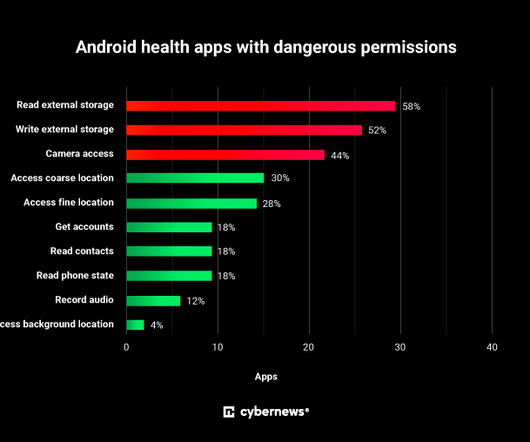Tips to protect your data, security, and privacy from a hands-on expert
Malwarebytes
MARCH 4, 2022
There are rootkits, Trojans, worms, viruses, ransomware, phishing, identity theft, and social engineering to worry about. Content blockers help reduce ads, Trojans, phishing, and other undesirable content that an antivirus product alone may not stop. And that’s not a comprehensive list. Security tips.












Let's personalize your content